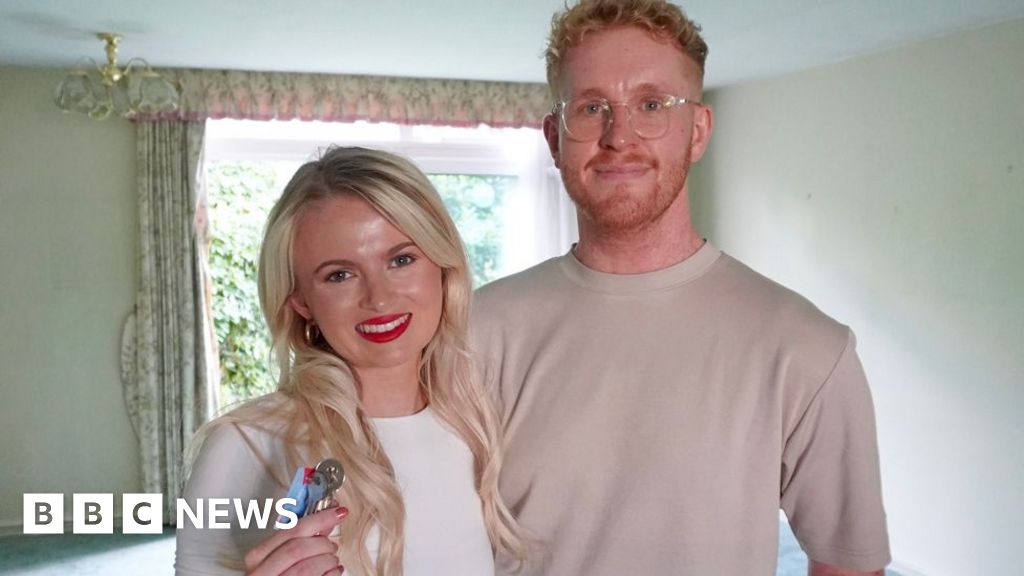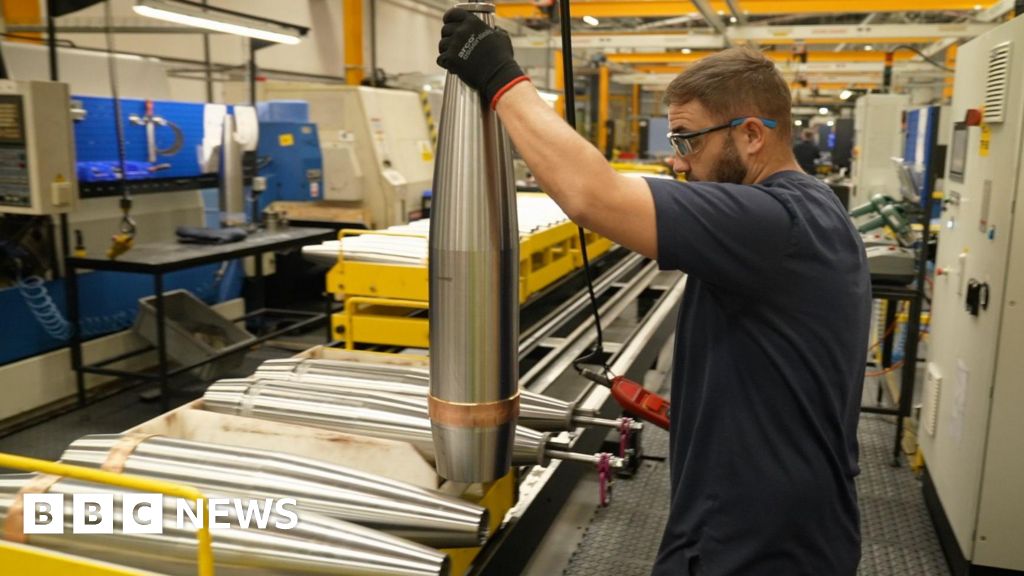ARTICLE AD BOX
Image source, Getty Images
CVS, one of the largest pharmacy chains in the US, is planning to close 900 shops over the next three years.
That represents nearly a tenth of its outlets.
Its remaining stores, which sell a wide range of consumer goods and snack foods, will be beefed up to offer more in-person health services.
Through the pandemic, Americans have grown increasingly accustomed to accessing advice, testing and vaccinations at their local drugstore.
CVS, along with other pharmacy chains, have played a leading part in rolling out Covid-19 vaccines in the US, in particular.
CVS Health Corp, which operates more than 9,900 locations across the US, said it had been planning to expand the services it offered since it acquired health insurer Aetna in 2018.
The retailer said it would start closing stores in the spring of 2022, shutting 300 branches a year over three years, although it has not yet identified which shops will close.
At its remaining sites, CVS plans expand its health hubs that offer treatments for every day health problems, as well as chronic care.
CVS said the long term strategy was to expand care delivery, while shrinking its bricks-and-mortar retail business.
"Our retail stores are fundamental to our strategy and who we are as a company," the company's chief executive Karen Lynch said.
"We remain focused on the competitive advantage provided by our presence in thousands of communities across the country, which complements our rapidly expanding digital presence."
CVS is the US's largest pharmacy chain, ahead of chief rival Walgreens Boots Alliance.
Analyst Neil Saunders, managing director of GlobalData, said the decision makes sense considering "CVS has neglected stores for far too long and has pushed some of them into the downward spiral of irrelevance".
Walgreens also recently shifted its focus, investing in other care providers, namely $5.2bn (£3.9bn) in healthcare provider VillageMD and $330m in health services provider CareCentrix.

 3 years ago
97
3 years ago
97








 English (US) ·
English (US) ·